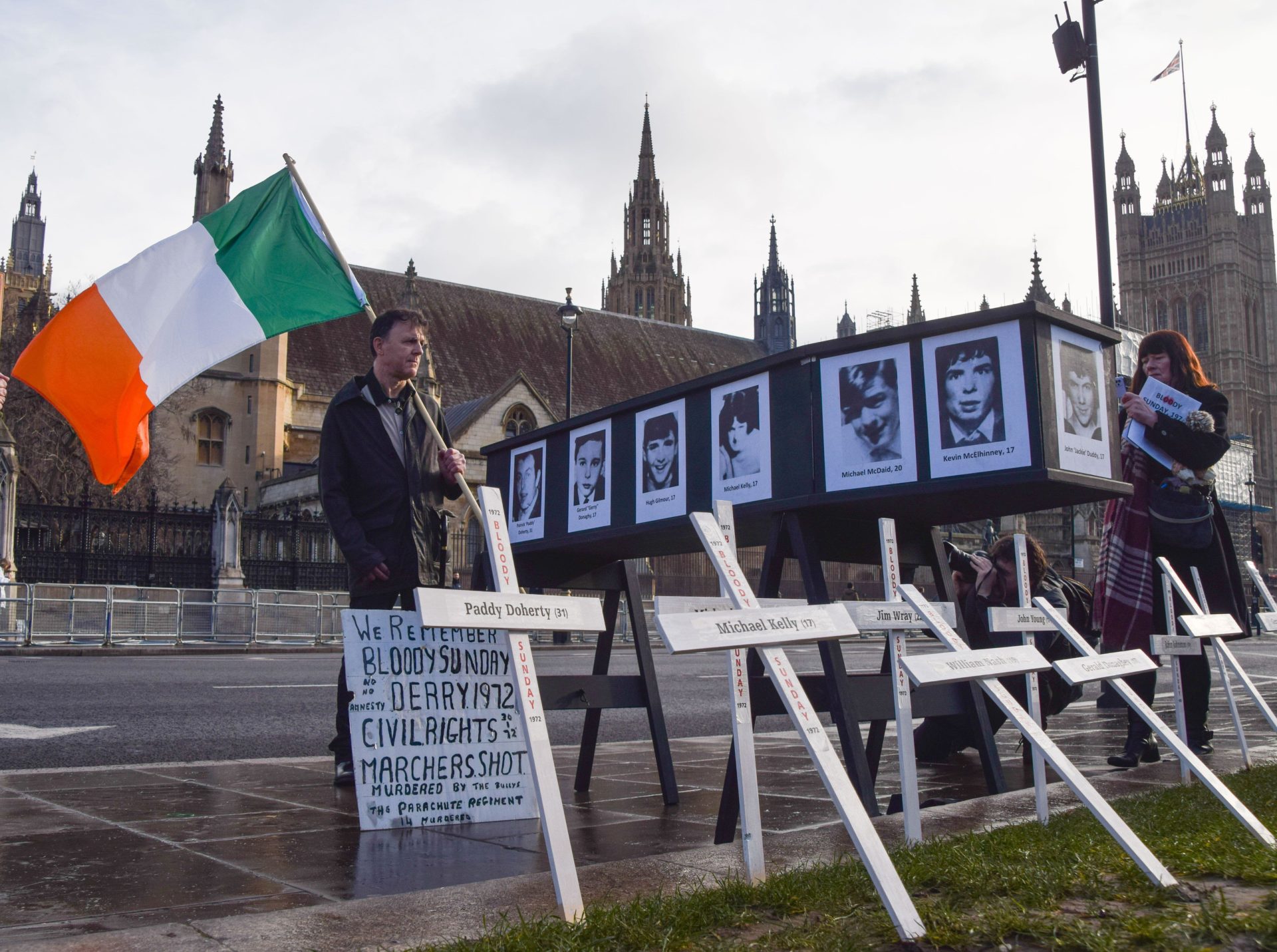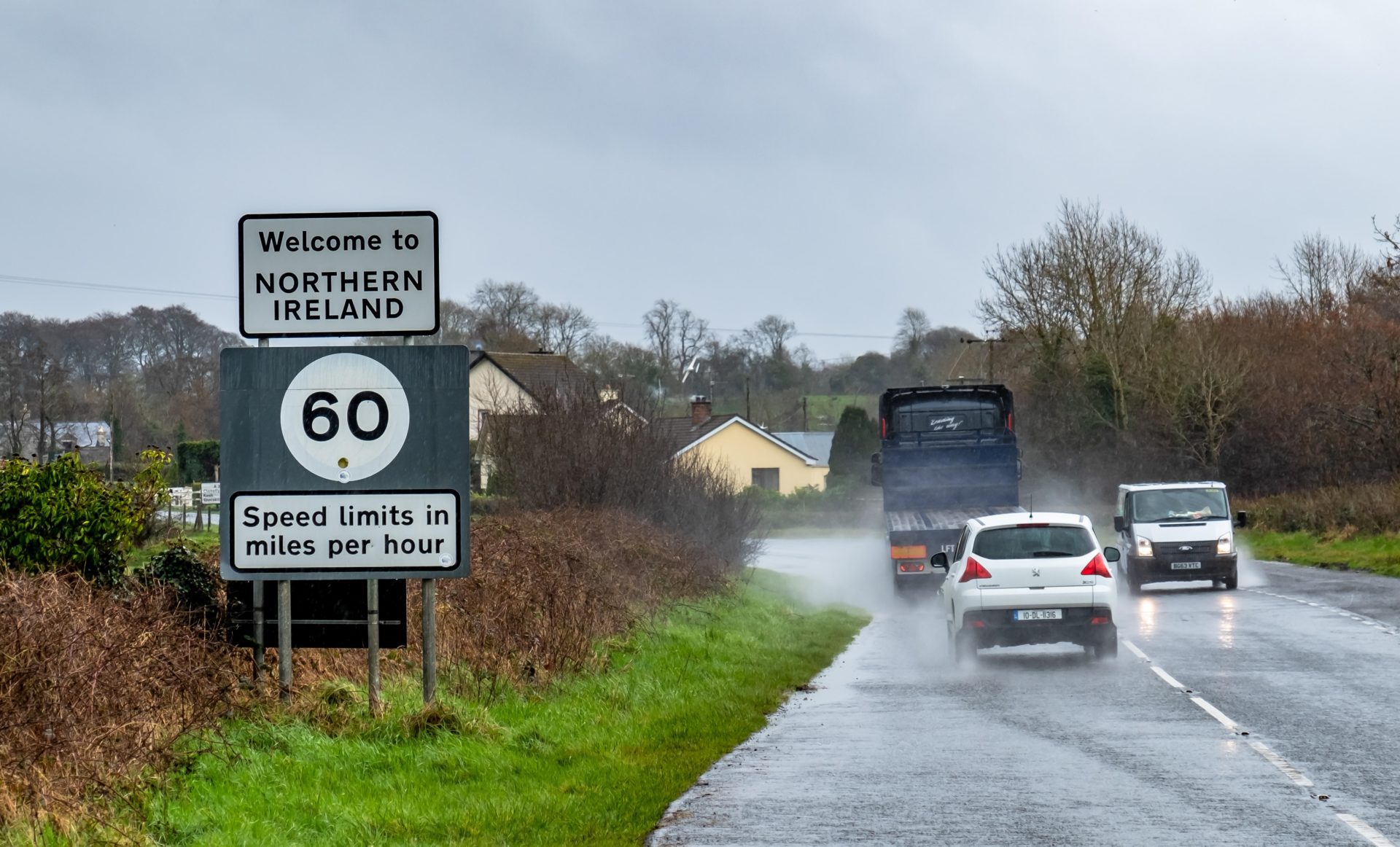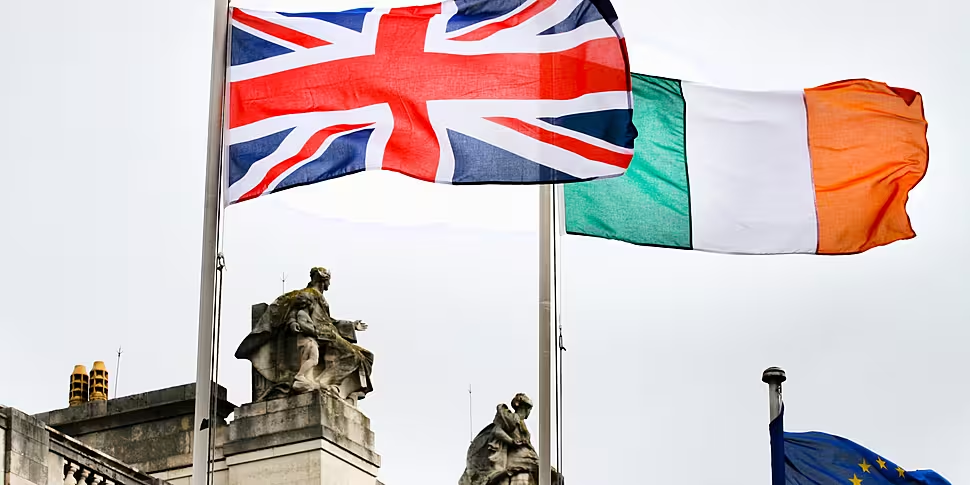British reparations would help pay for a united Ireland, a former General Secretary of Sinn Féin has said.
A recently published report by the Institute of International and European Affairs has put the cost of unity at €20 billion every year for 20 years - or €400 billion over two decades.
The figure is derived from the €10 billion in subsidy Northern Ireland receives from the British Treasury every year and the extra €10 billion it would cost annually to raise social welfare rates in the province to the same rate as those in the South.
According to a snapshot poll of Newstalk Twitter/X followers, 60% said the sum would not put them off the prospect of unity, whereas 40% said it would.
Speaking to The Hard Shoulder, An Phoblacht editor and former General Secretary of Sinn Féin Robbie Smyth said he “despaired” when he saw the €20 billion figure this morning.
“I think it could be a bargain,” he said.
“I think the figures are wrong… because an unproductive part of the island could become a very productive part.
“Think about it, in 2008 the Government here underwrote a bank guarantee for €400 billion and no one took notice.
“Now, we’re quibbling here about €20 billion a year? Then again, I do think the figures are vastly overstated.”
Mr Smyth added the report does not does not examine the negative impact that partition has had on the Irish economy since 1922.
“There’s negative costs that have been born in the 26 counties and the six all the way since partition,” he said.
“I think there’s an issue about British reparations because that’s what it should be; it’s the outcome of their colonialism on the island.
“They should pay and they should be glad to pay.”
 Bloody Sunday remembrance and rally at Parliament Square, London. Picture by: Alamy.com
Bloody Sunday remembrance and rally at Parliament Square, London. Picture by: Alamy.comNewstalk Business Editor Joe Lynam said the figures should be treated with a healthy dose of scepticism.
“First of all, I’m naturally suspicious whenever there’s a super round number and €20 billion is a super round number,” he said.
“That’s equivalent to the health budget every single year.
“So, who can say what the situation will be in 20 years? You cannot assume things will just remain stagnant.”
 A sign showing the border with Northern Ireland, 3-3-19. Image: Thomas Lukassek / Alamy
A sign showing the border with Northern Ireland, 3-3-19. Image: Thomas Lukassek / AlamyMr Lynam added that unification would mean economic change and that could mean it becomes a “net positive” over time.
“At the moment, they’re two very different economies and they would need major changes to bring them closer together,” he said.
“Ahead of the local elections last year, Sinn Féin said that the North had the lowest wages, lowest economic growth, lowest productivity and highest economic inactivity in these islands.
“So, if you were to bring that economy - and they’re not my words - together with the Republic, where we have much higher productivity, wages are much higher and expenditure is much higher… it would take time.
“But [the] economy, it’s dynamic, it adapts.”
As part of their agreement to restore Stormont in January, the British Government agreed that for every £100 (€117) of public money spent in England, £124 (€144) would be spent in Northern Ireland.
You can listen back here:
Main image: British and Irish flags flying in front of Government Buildings. Image: RollingNews.ie / Alamy Stock Photo









